Have you ever watched your cat get startled—maybe by a loud crash, a sudden movement, or even a harmless shadow—only to see them pause, flick their tail, and then decide to stay right where they are? The moment is both endearing and puzzling. Why doesn’t your furry companion dash away? What does it truly mean when a cat chooses to stay after a scare? This question opens a world of feline mystery, emotion, and depth, revealing hidden layers of your cat’s trust and personality. Let’s dive into the fascinating world behind this brave little decision and discover what it says about your beloved pet.
Understanding a Cat’s Natural Instincts
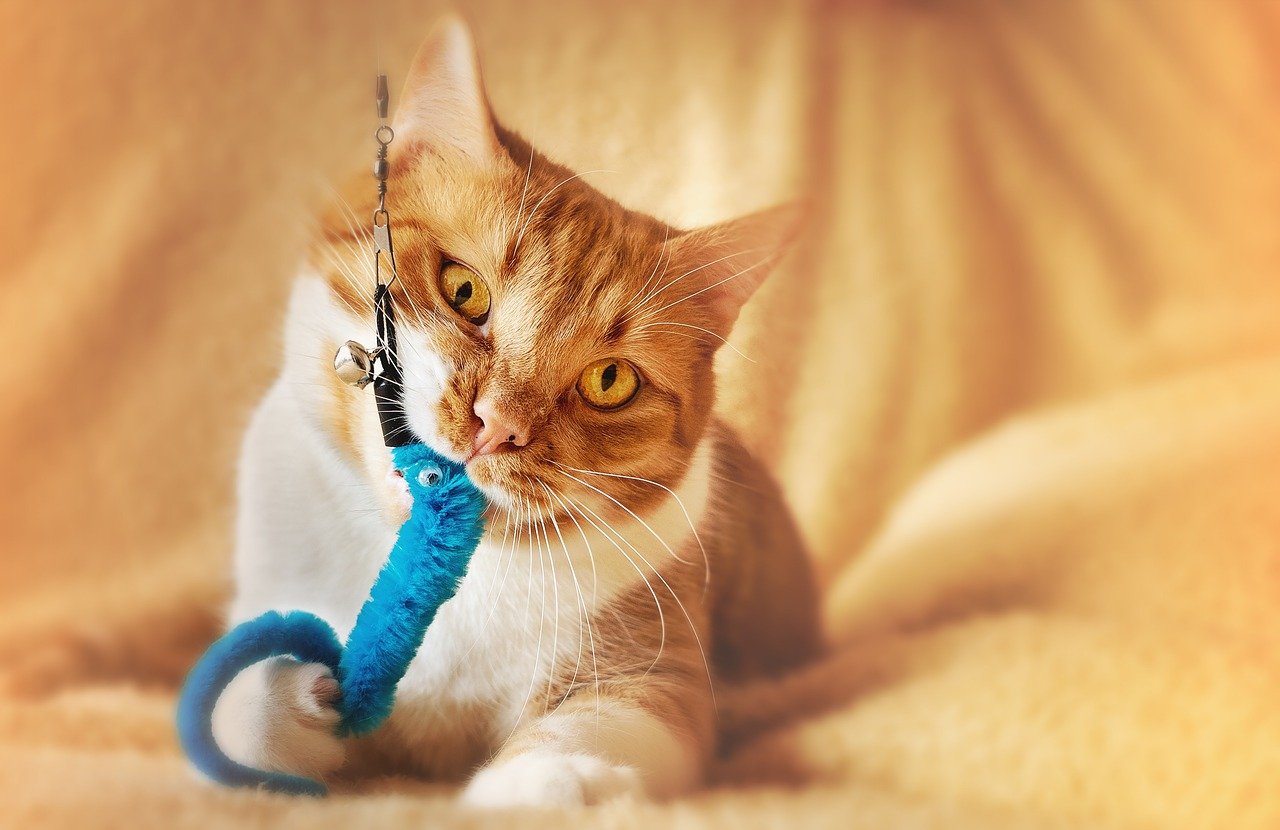
Cats are naturally wired to be both predators and prey. This dual nature means they are highly alert to changes in their environment. When startled, their typical response is to flee or hide as a way to protect themselves from potential threats. However, when a cat chooses to stay put after a scare, it suggests something important is happening internally. It may mean their environment feels safe enough to override their natural flight response, or that they’re assessing the situation more calmly than we realize. This small choice can be a window into their evolving instincts and feelings toward their home.
Trusting Their Environment

One of the most heartwarming reasons a cat might choose to stay after being startled is trust. Cats who feel secure and confident in their surroundings are more likely to recover quickly from a scare. They may look around, realize nothing bad has happened, and decide there’s no need to run away. This behavior is a strong sign that your home is a safe haven for them. It can take months, sometimes even years, for a cat to develop such trust, especially if they had a rough start in life or were adopted as adults.
The Bond with Their Human
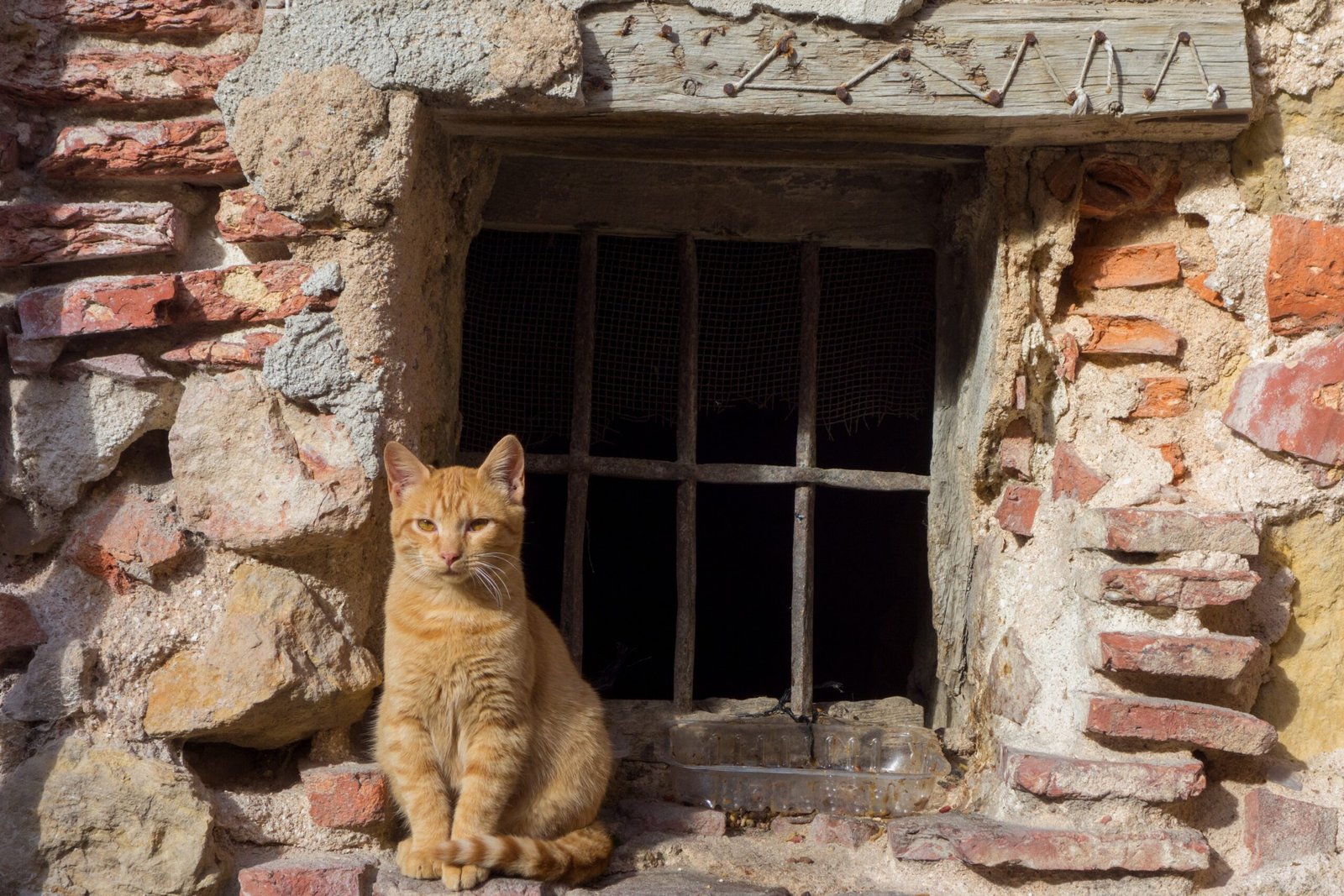
Your relationship with your cat plays a massive role in their reactions. If your cat chooses to stay after a scare, it could be a sign they trust you deeply. They might look to you for comfort, reassurance, or simply recognize that your presence means safety. Cats often develop a language of looks, purrs, and body language with their humans, and choosing to stay rather than flee can be their way of saying, “I feel safe with you here.”
Assessing the Source of the Scare
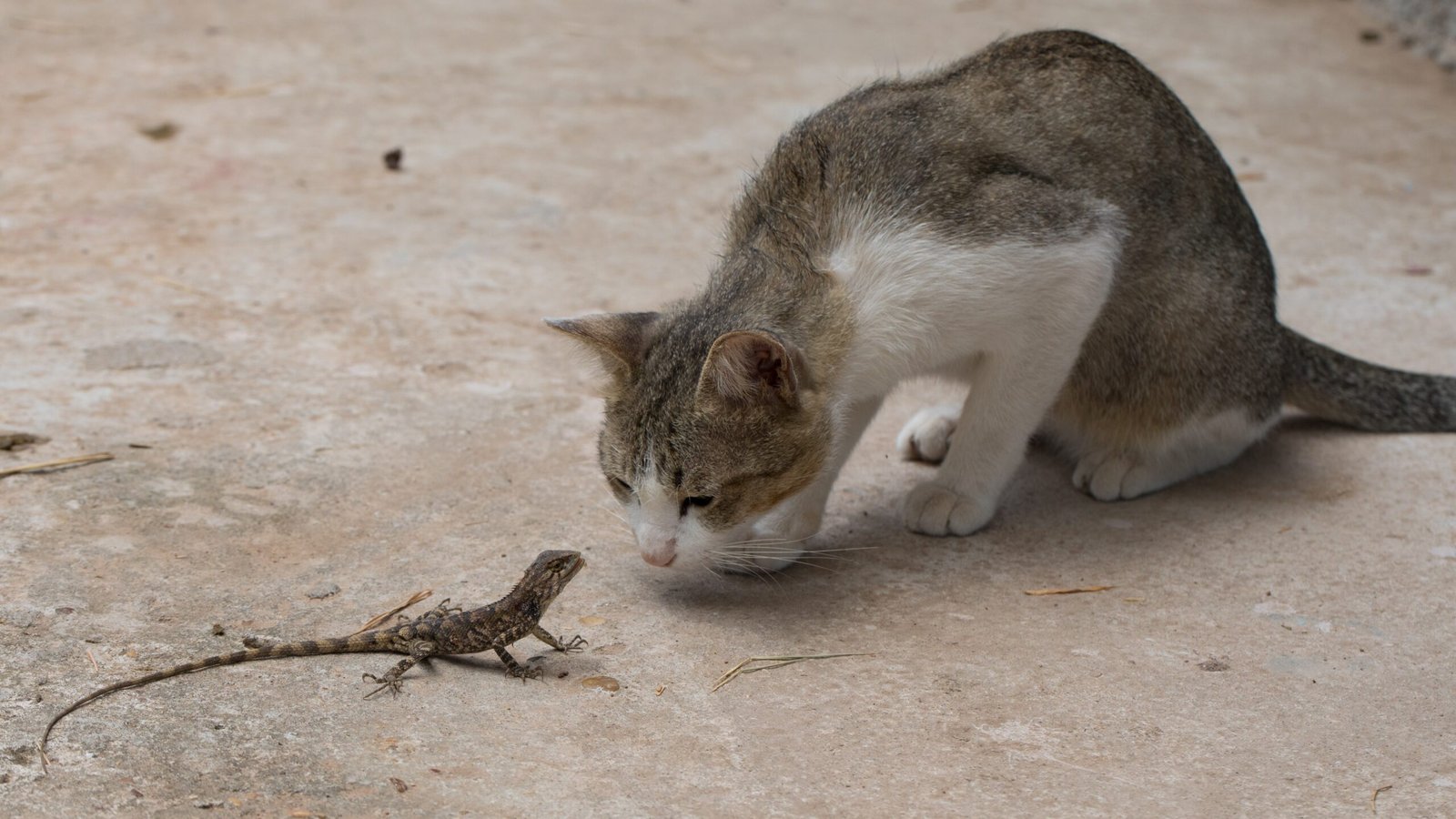
Cats are curious creatures, and sometimes their decision to stay is born out of curiosity rather than fear. Instead of bolting, they may pause to observe and analyze what startled them. If the scare is something new or unusual but not immediately threatening, a cat may decide to investigate further. This moment of bravery is a testament to their intelligence and adaptability, as they are constantly learning about their environment.
Emotional Resilience in Cats

Staying after a scare can also reflect a cat’s growing emotional resilience. Just like people, cats can build confidence through repeated positive experiences. If they’ve learned that loud noises or sudden movements aren’t always dangerous, they may become less reactive over time. This resilience is especially noticeable in cats that have been given gentle encouragement and plenty of positive reinforcement.
Reading a Cat’s Body Language
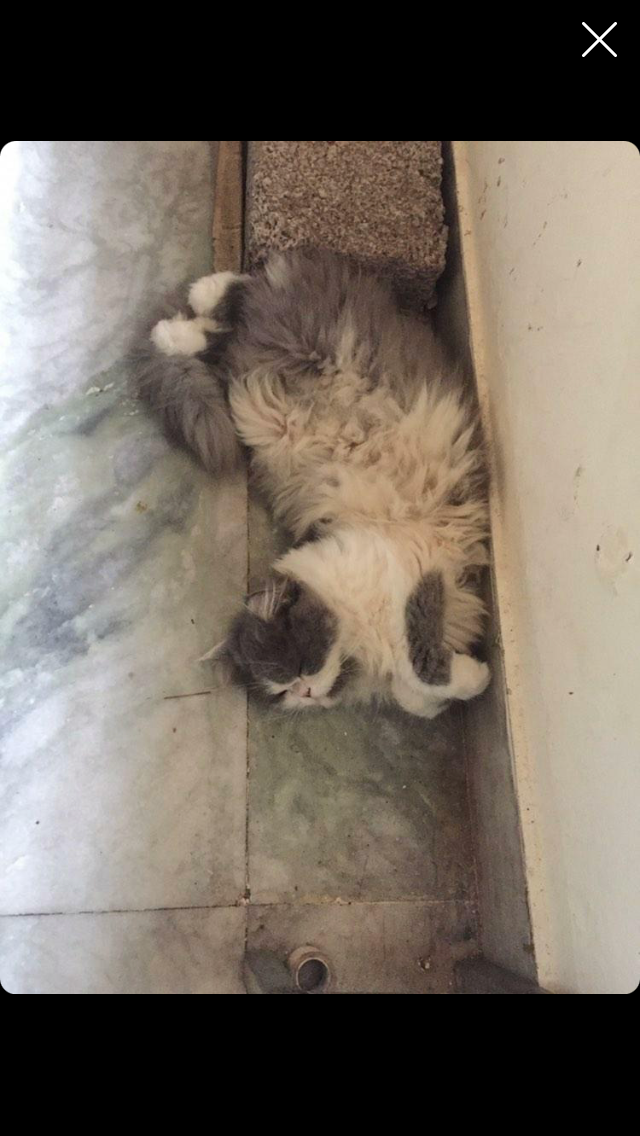
When a cat stays after a scare, their body language is a valuable clue to their mindset. Watch for subtle signs: a relaxed tail, slow blinking, or gentle ear swiveling can indicate they’re comfortable, while tense muscles or wide eyes might mean they’re still on edge. Understanding these cues can help you respond appropriately, offering comfort or giving them space as needed.
Signs of a Strong Home Territory
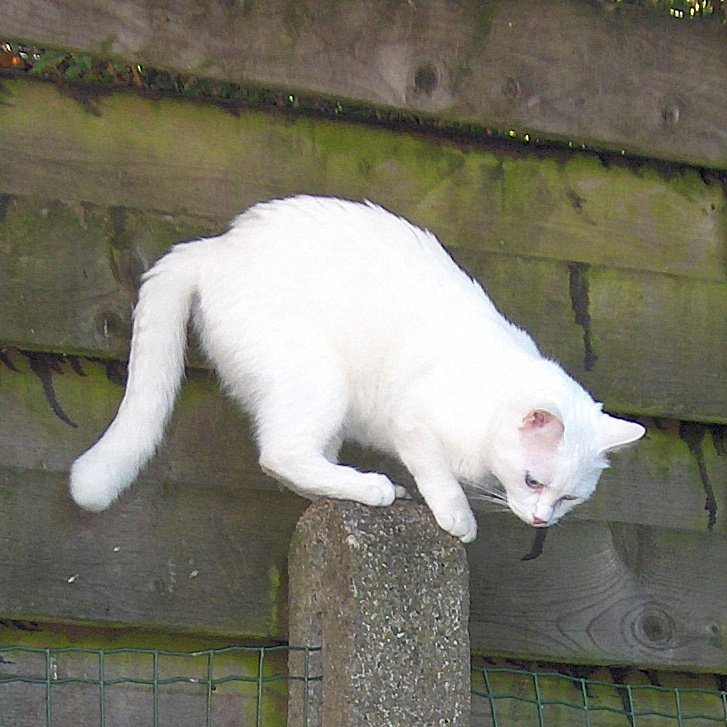
A cat’s willingness to remain after a scare often signals that they have a strong attachment to their territory. Cats are territorial animals, and once they’ve established a space as their own, they’re less likely to abandon it over minor disturbances. This sense of ownership is a positive sign that your pet feels truly at home.
Socialization and Early Experiences
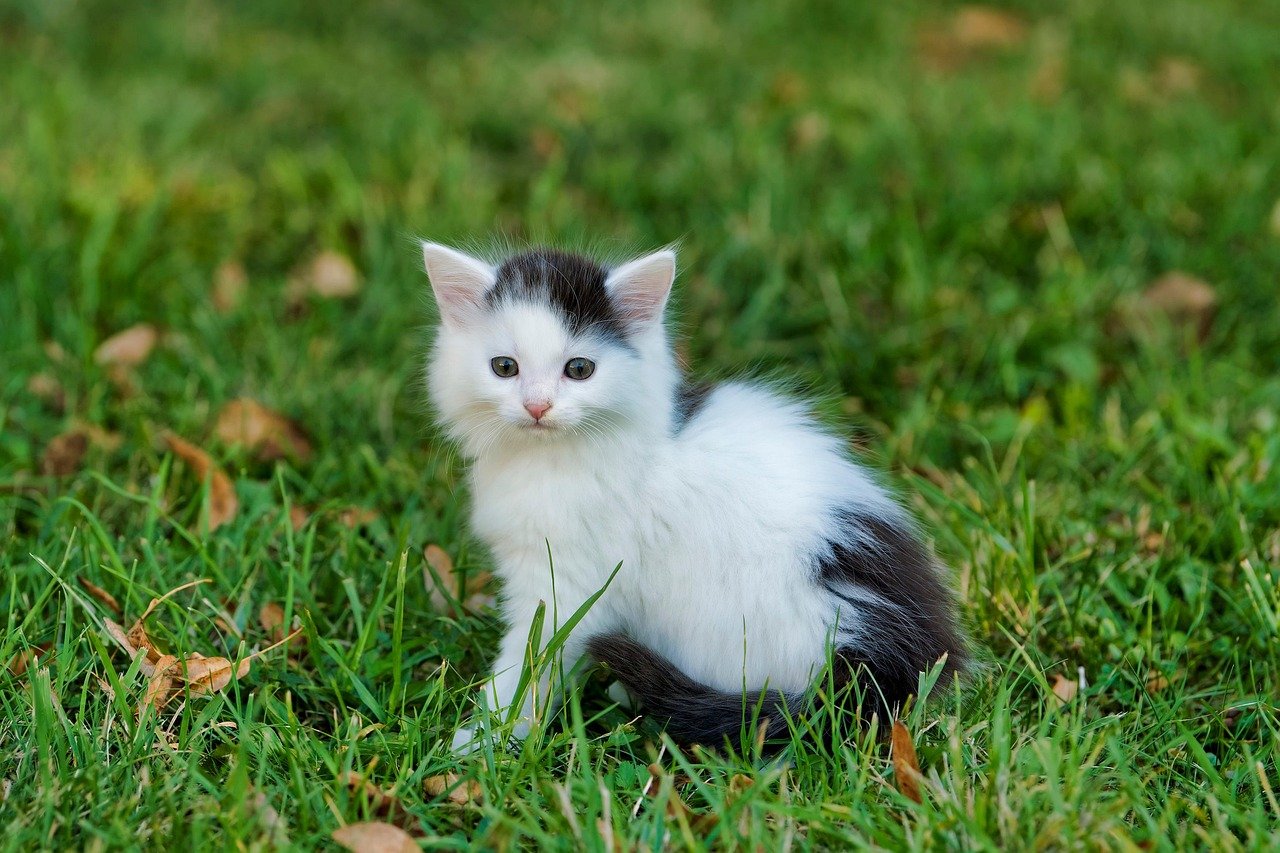
The way a cat reacts to being startled can be shaped by their early life experiences. Kittens raised in calm, loving environments tend to be more resilient and less skittish as adults. Socialization with people, other pets, and a variety of sounds and sights helps build confidence. If your cat chooses to stay after a scare, it may be a reflection of their well-rounded upbringing.
Comparing Feline Personalities
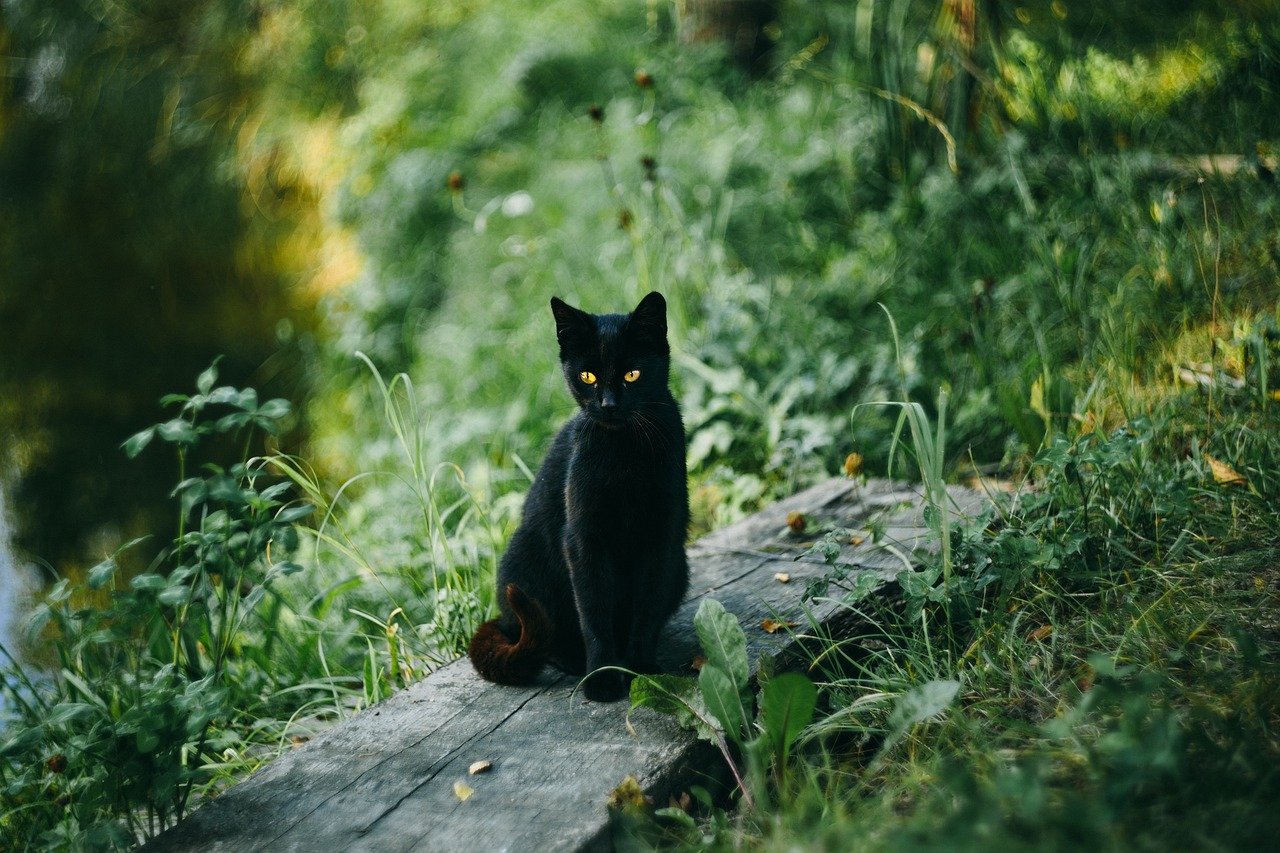
Every cat has its own unique personality. Some are bold and adventurous, while others are more cautious or reserved. A cat who stays after a scare might simply be more confident or laid-back than their peers. Understanding your cat’s individual temperament can help you appreciate why they react the way they do in stressful situations.
The Role of Age and Maturity

Older cats often handle scares differently than kittens. With age comes experience, and mature cats are generally more composed in the face of sudden disturbances. They may have learned over time that many things that seem frightening are actually harmless. If your senior cat stays calm after being startled, it’s a sign of their seasoned wisdom.
Health and Wellbeing Factors

Physical health can influence a cat’s reaction to fear. Cats who are feeling unwell or in pain might be less likely to flee simply because they lack the energy. Alternatively, a healthy, energetic cat may bounce back more quickly from a scare and decide there’s no reason to move. Paying attention to changes in this behavior can sometimes clue you in to their wellbeing.
Learning Through Habituation

Cats are masters at adapting to their environment through a process called habituation. When exposed to the same harmless stimuli repeatedly, they learn to ignore it. If your cat no longer reacts dramatically to the vacuum cleaner or a dropped spoon, it’s likely because they’ve learned these things aren’t threats. Staying put after a scare can be a sign of this learning in action.
Seeking Reassurance from Owners

Some cats will look to their owners for cues after a scare. If you remain calm and unbothered, your cat may mimic your reaction and decide there’s no need to run. This social referencing shows just how closely attuned cats can be to their favorite humans. Your calm presence can be the anchor they need in a moment of uncertainty.
Communication with Other Pets

If you have a multi-pet household, you might notice that your cat pays attention to how other animals react to a scare. If the resident dog or another cat stays calm, your cat may interpret the situation as non-threatening. This subtle animal communication can influence the group’s overall reaction, creating a more relaxed home environment.
The Impact of Routine
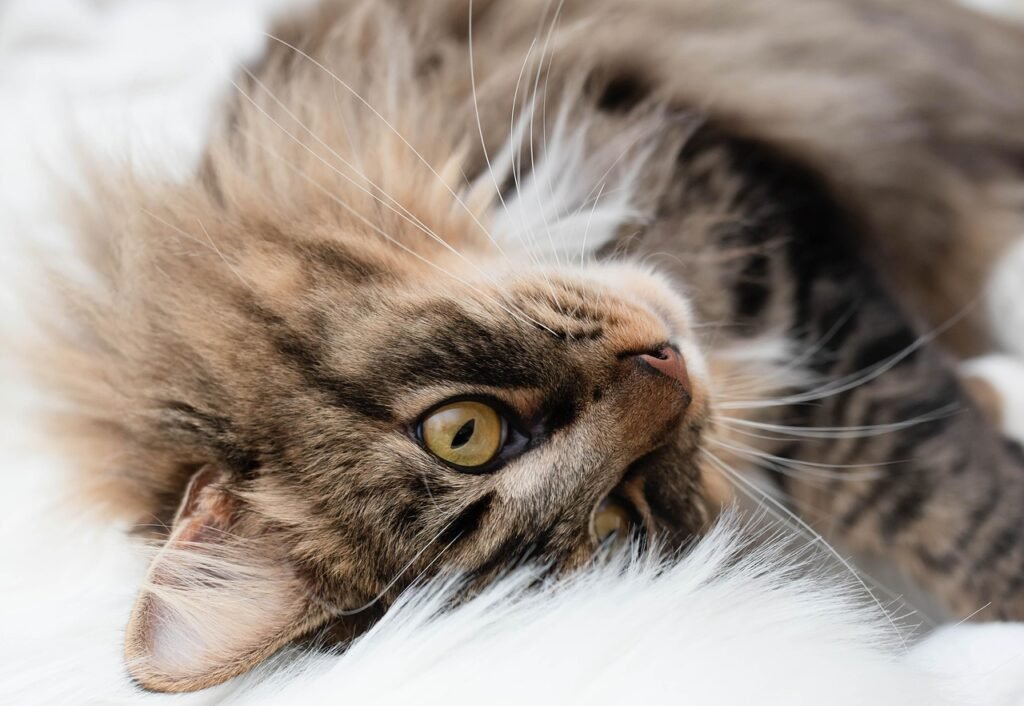
Cats thrive on routine and predictability. When their daily life is stable and familiar, they’re more likely to feel secure. After a scare, a cat who chooses to stay may be relying on the comfort of their regular schedule and familiar surroundings to soothe their nerves. Routine acts as a safety net, helping cats bounce back from unexpected events.
Recognizing Signs of Chronic Stress

While staying after a scare is often a positive sign, it’s important to watch for symptoms of chronic stress. Cats who are constantly exposed to frightening situations may eventually freeze or shut down rather than flee, which is not healthy. Look for other signs like hiding, loss of appetite, or changes in grooming habits to ensure your cat’s emotional wellbeing.
Building Confidence Through Play

Interactive play is a wonderful way to boost a cat’s confidence. Games that encourage stalking, pouncing, and exploring can help them feel more in control of their environment. Over time, playful cats become more resilient and less likely to be frightened by sudden noises or movements, making them more likely to stay calm after a scare.
Creating a Calming Space
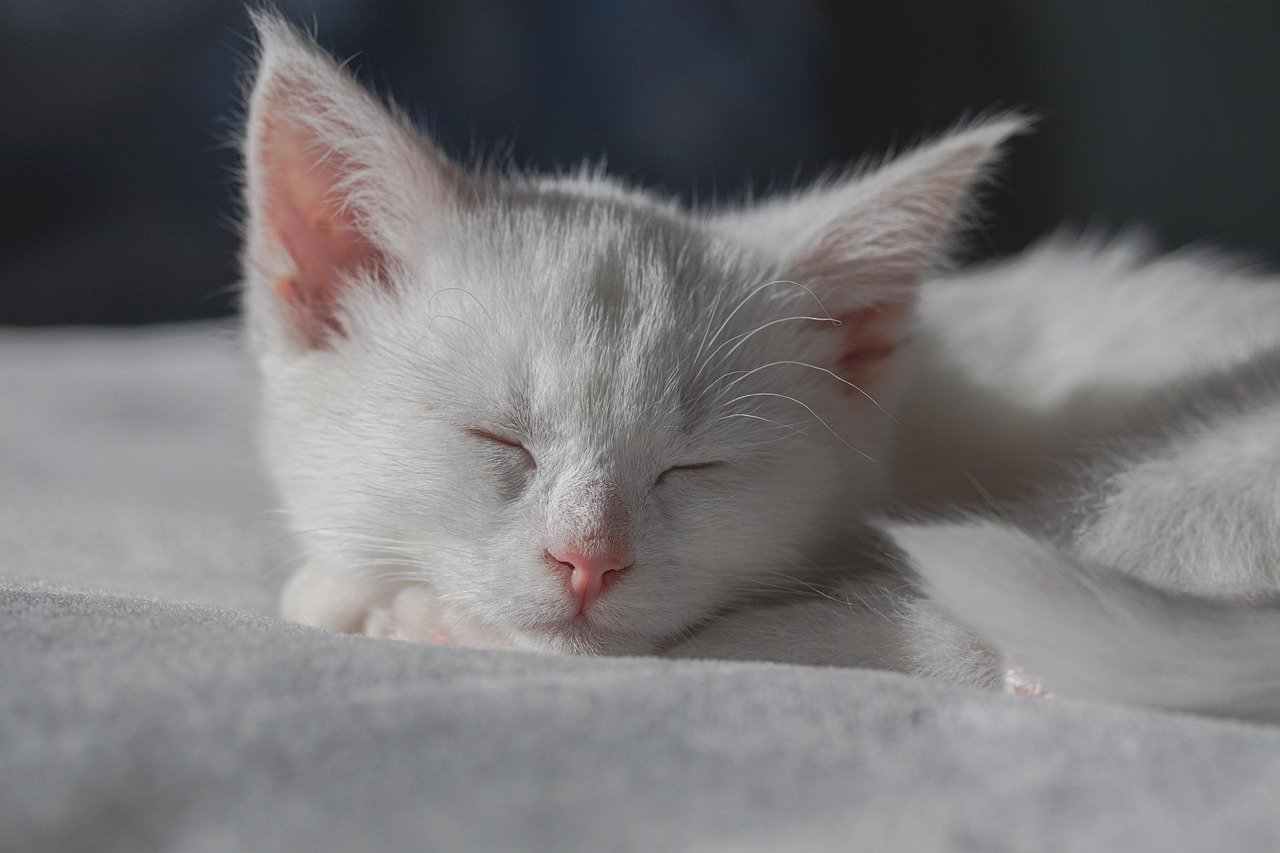
Providing cozy hiding spots, high perches, and quiet retreats gives cats options when they’re startled. When they know they have safe places to go, they may feel braver about staying out in the open. A home that offers both adventure and refuge helps cats develop the courage to stand their ground after a fright.
Celebrating Small Braveries

Every time your cat chooses to stay after a scare, it’s a small act of bravery worth celebrating. These moments are milestones in your cat’s journey toward feeling secure and happy in your home. Offering gentle praise or a favorite treat can reinforce their confidence and strengthen your bond.
When to Seek Professional Advice

If your cat’s reaction to scares changes suddenly or seems extreme, it may be time to consult a veterinarian or animal behaviorist. Sometimes, underlying medical issues or anxiety disorders can affect their behavior. Early intervention can help address these issues before they become more serious, ensuring your cat stays healthy and happy.
The Joy of Shared Understanding

Ultimately, when a cat chooses to stay after a scare, it’s a touching reminder of the trust and connection you share. Each little act of courage deepens your bond and helps you understand your feline friend on a whole new level. These moments, though fleeting, are the heartbeats of a truly special relationship with your cat.
Hi, I’m Bola, a passionate writer and creative strategist with a knack for crafting compelling content that educates, inspires, and connects. Over the years, I’ve honed my skills across various writing fields, including content creation, copywriting, online course development, and video scriptwriting.
When I’m not at my desk, you’ll find me exploring new ideas, reading books, or brainstorming creative ways to solve challenges. I believe that words have the power to transform, and I’m here to help you leverage that power for success.
Thanks for stopping by, Keep coming to this website to checkout new articles form me. You’d always love it!






